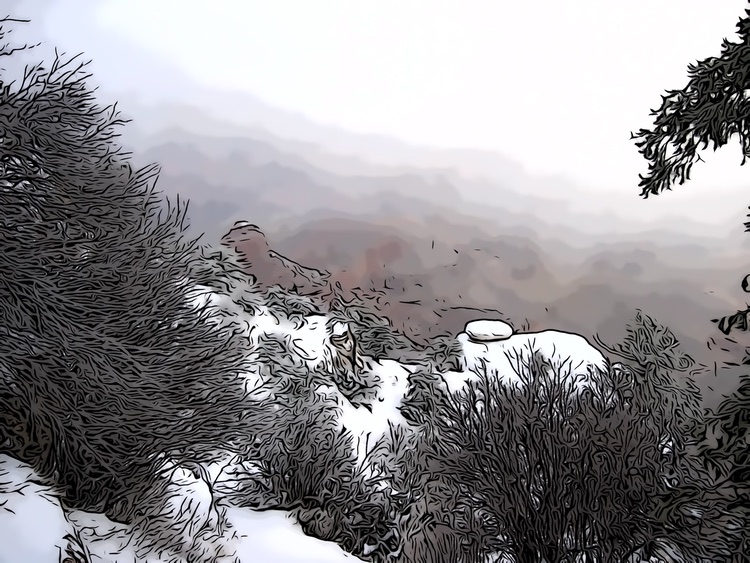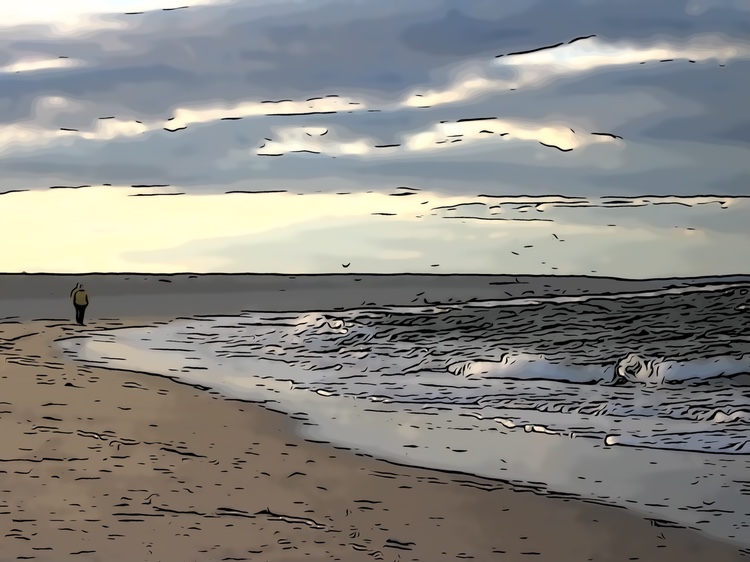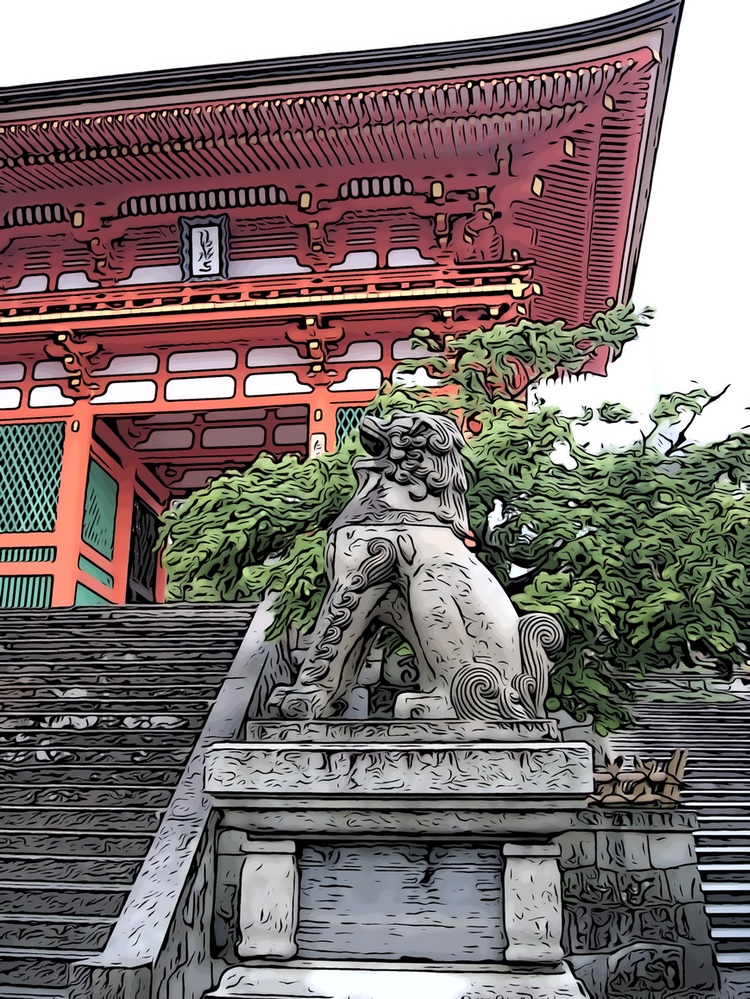Craig Constantine
-
Do Conversation
Book Do Conversation by Robert Poynton, 2024 — Why do some conversations flow, while others are stilted and awkward? Can we make difficult conversations easier? Conversation is about more than communication. It’s how we connect with each other and make sense of the world – it’s an essential part of being human. And something we’re naturally very… More →
-
Fishing for great conversations
Great conversations require intention and effort The difference between the negativity of bait, and the high road of a good lure is our intention. It’s true that good conversation might be stumbled into. But if we desire good conversation, then we’re going to need to seek it. Good conversation can be found, and even directly… More →
-
Inward versus outward
Looking outward to do your inward work We must be able to think about any idea without it breaking our ability to think. Choice is at the center of everything. It’s important that we ask ourselves why we are conversing. It’d be great if we could always do that in advance, but we can settle… More →
-
Good faith
Making space to clean up our thinking The correct posture is preparation for uncertainty by expecting exploration and discovery. There’s no recipe for great conversation. Sometimes we click into harmonious discourse, and sometime we don’t. No amount of preparation will guarantee success. In fact, preparation can guarantee failure. We will fail if we prepare by… More →
-
Connection isn’t dull
Probing for the strong points If we’re in conversation for the connection, we’ll never be bored. What is failure in a social context? I think failing to connect with others is the most important sort of failure. Our job in any social conversation isn’t to force connection. Our job is to be ready for, and… More →
-
Active, not passive
Flipping the internal to be external Taking action implies taking responsibility. One of the keys to great conversation is to be active, and not passive. It’s important to go into any conversation with a clear intention, but intention alone is not enough. Your intention must affect your actions: What you do, how you act, and… More →
-
Art
The yearning to explore I don’t want to teach you how to do conversation well. I have long been the sort of person who likes to explore every detail, and who attempts to create the complete and accurate map. That will not be my contribution to the art of conversation. Rather, I wish to inspire… More →
-
Small talk
Are you actually interested? It could simply be a lack of interest in other people. Many people claim to dislike small talk. Certainly there are times when I’m tired and don’t have the energy for any conversation. But generally, I find small talk interesting and engaging. Many disagree. I’ve wondered if professed dislike of small… More →
-
The Art of Conversation
Book The Art of Conversation by Catherine Blyth, 2009 — The Art of Conversation isn’t about etiquette, elocution, or knowing how to hold your teacup with your little finger crooked just so. It’s about something simple and profound: connecting. Conversation costs nothing, but can bring you the world, because it transcends the ability to talk to anyone. What… More →
-
Broadcast mode
The phenomenon of being talked at It’s not enough to sit and think about this now, as you’re reading this. You must remember to do so in the moment. If you want to have better conversations, you need to be talking with the purpose of enjoying the dynamic with your partner! Too many people simply… More →







